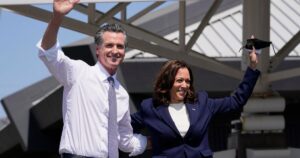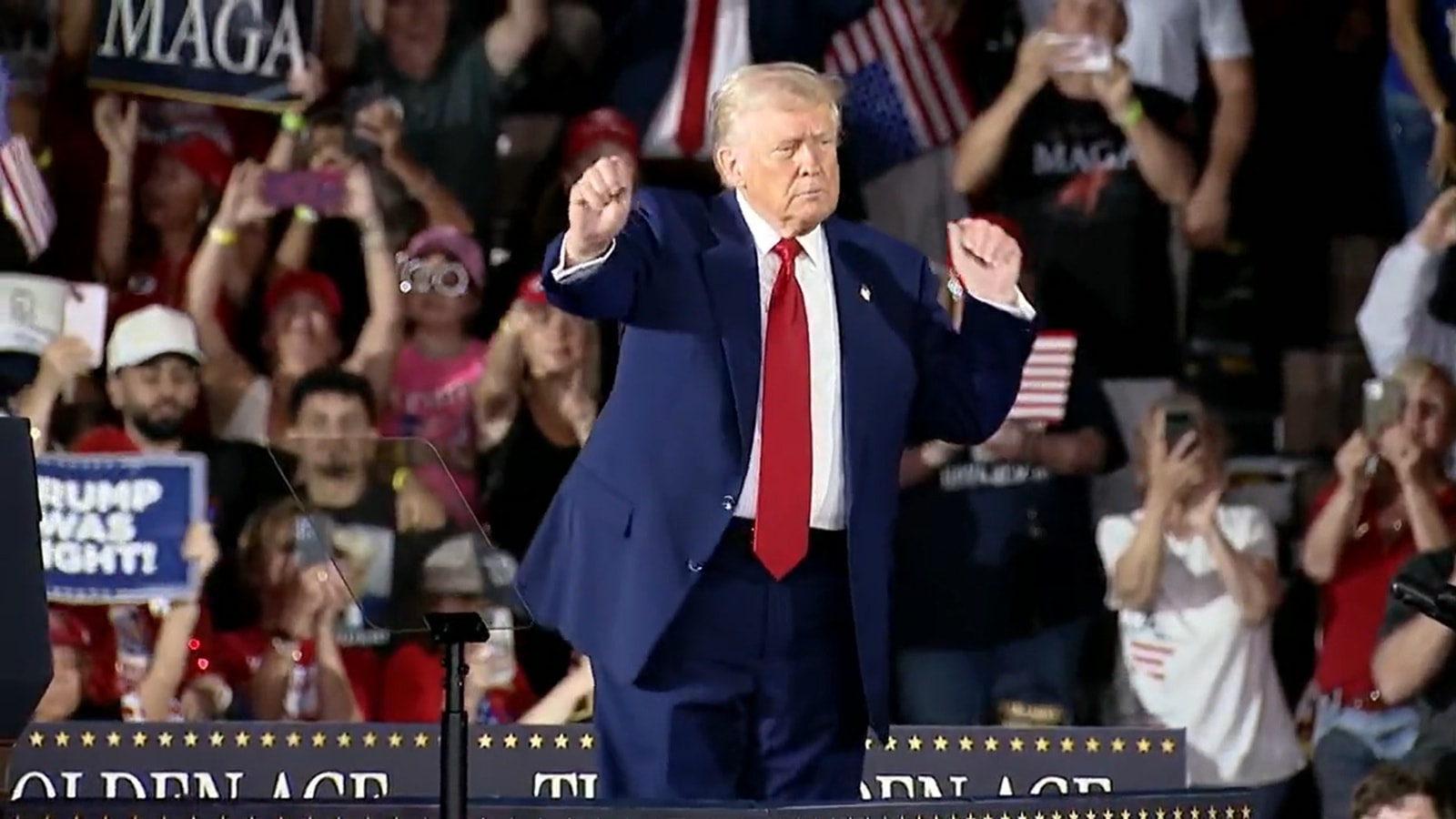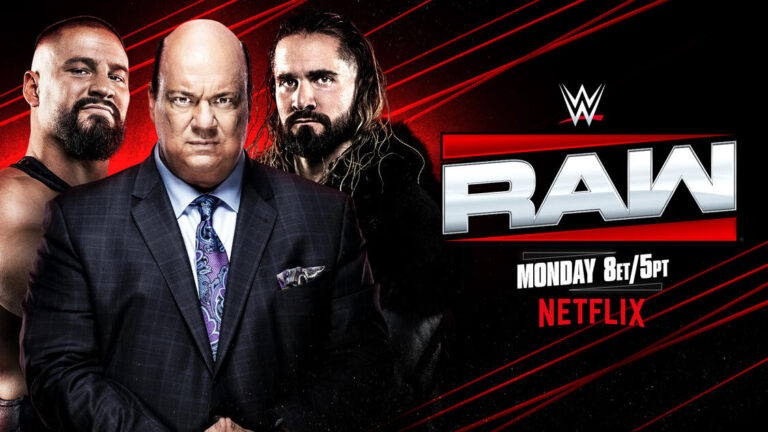America First
Trump’s foreign policy remains deeply rooted in nationalist rhetoric and transactional logic. He has walked away from multilateral commitments, including NATO, with former US Ambassador to NATO Ivo Daalder calling it a “historic rupture” that’s “upended 80-some years of American foreign policy.”
The administration has gutted soft-power programs, defunded Voice of America, withdrawn from the WHO, and elevated loyalists with little foreign policy experience into top diplomatic roles.
Redrawing the map
In one of the more bizarre turns, Trump proposed annexing Greenland, claimed the Panama Canal as US property, and floated the idea of turning Canada into the 51st state. Danish PM Mette Frederiksen called the Greenland remarks “a threat to the world order.”
Reuters reported that Trump may be reviving Cold War-style spheres of influence, where global power is carved up, not shared.
Meetings and meltdowns
Trump met with at least 11 world leaders, but few meetings ended well. The most combustible came with Ukrainian President Volodymyr Zelenskyy. Following public sparring with Vice President JD Vance, the US abruptly pulled all military aid to Ukraine. Vance blamed Zelenskyy — not Russia — for the war’s continuation, insisting Ukraine accept territorial concessions and renounce NATO membership.
Support for Ukraine has cratered. A Reuters/Ipsos poll shows more than half of Americans believe Trump is too close to Russia.
Institutional crisis
Within Trump’s national security team, chaos reigns. Defense Secretary Pete Hegseth is under fire for leaking classified details via Signal chats. National Security Advisor Mike Waltz mistakenly added journalist Jeffrey Goldberg to one such group. Secretary of State Marco Rubio, despite his hawkish stance on China, has been sidelined in favour of Trump loyalists.
Middle East flashpoints
A fleeting ceasefire in Gaza quickly collapsed. US backing for Israel remains unconditional, with reports confirming shipments of 2,000-pound bombs. Trump’s proposal to turn Gaza into a “Mediterranean-style resort” drew global outrage as a thinly veiled act of ethnic cleansing.
In Yemen, the US has escalated its military campaign against the Houthis. “Operation Rough Rider” launched over 200 strikes in just one month, killing hundreds. Simultaneously, backchannel nuclear talks with Iran have resumed in Oman, though Trump insists war remains on the table.
Atlantic rift widens
At the Munich Security Conference, VP Vance declared, “America can do nothing to help you,” signaling a withdrawal from Washington’s traditional role as Europe’s security guarantor. NATO partners are scrambling. The EU has launched an €840 billion rearmament initiative. Poland and Lithuania are boosting defense budgets to 5 per cent of GDP.
European Commission President Ursula von der Leyen summed up the shift: “The West as we knew it no longer exists.”
Trade wars redux
On the President’s self-proclaimed “Liberation Day,” Trump unveiled sweeping tariffs meant to fund tax cuts, revive US manufacturing, and pressure allies — all at once. Economists have warned that these goals are incompatible. “It’s economic nationalism without a map,” said James Lindsay of the Council on Foreign Relations.
Trade advisor Peter Navarro promised “ninety deals in ninety days,” but not a single trade pact has materialised. China remains a primary target, with 145 per cent tariffs levied on its imports — while other nations enjoy 90-day suspensions. Beijing retaliated with 125 per cent tariffs and a video declaring it would “never kneel.”
Trump also stunned Washington by accusing Taiwan of “stealing” US semiconductors and questioning whether the US would defend the island if China invades.
India
One bright spot was Trump’s meeting with Indian PM Narendra Modi. The two launched “Mission 500,” aiming to double bilateral trade to $300 billion by 2030. The U.S. also approved the sale of F-35 stealth jets to India and agreed to extradite 2008 Mumbai attacks suspect Tahawwur Rana.
Strategic drift
Despite aggressive posturing, Trump’s foreign policy lacks a coherent framework. Analysts say the US now approaches diplomacy purely as a transaction — alliances viewed as burdens, values as optional. Matthias Matthijs of the CFR observes, “Trump doesn’t see alliances as assets. He sees them as liabilities.”
Global fallout
Some overtures — such as resumed nuclear talks with Iran and closer ties with India — may bear fruit. But the overall picture is stark: American diplomacy is erratic, impulsive, and increasingly irrelevant on the global stage.
As Ivo Daalder puts it, “The US-led international, rules-based order died with the second inauguration of Donald J Trump.”










